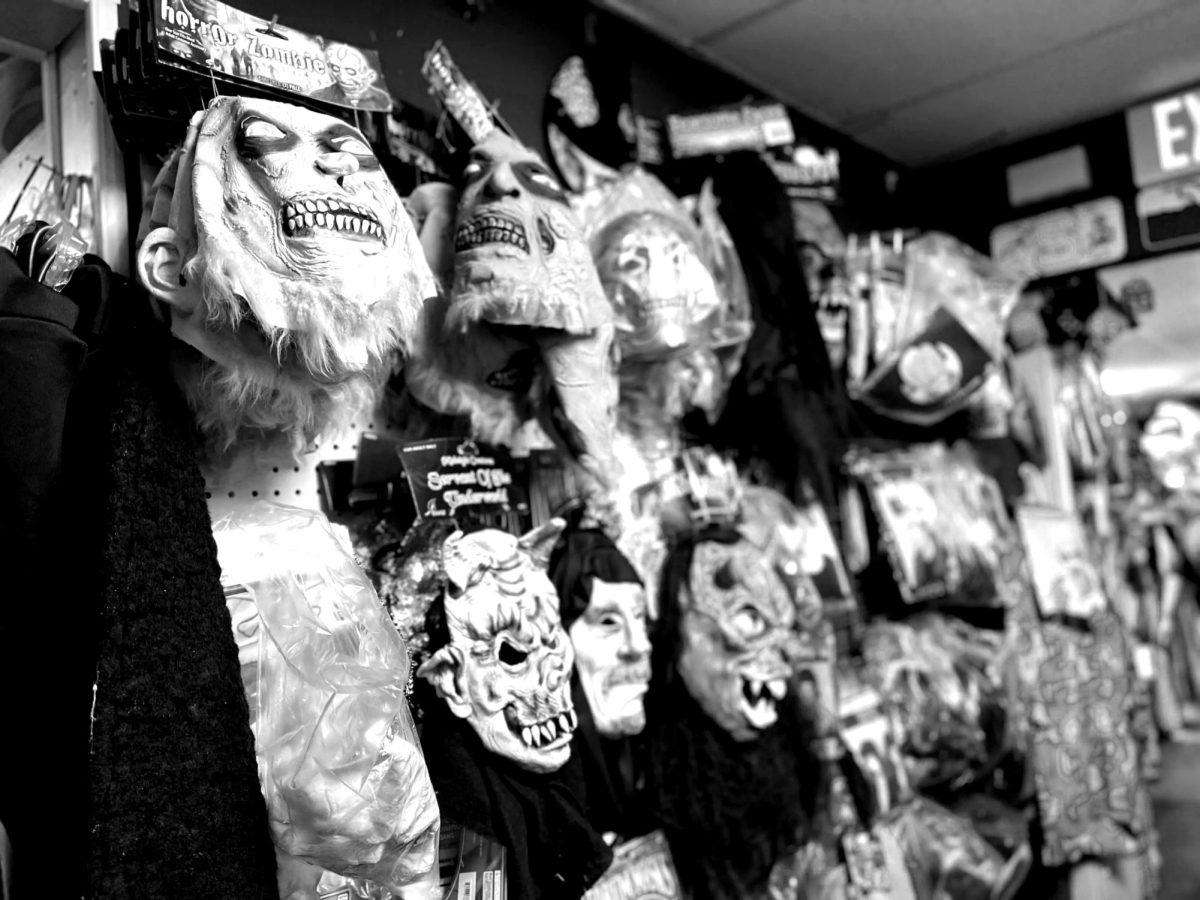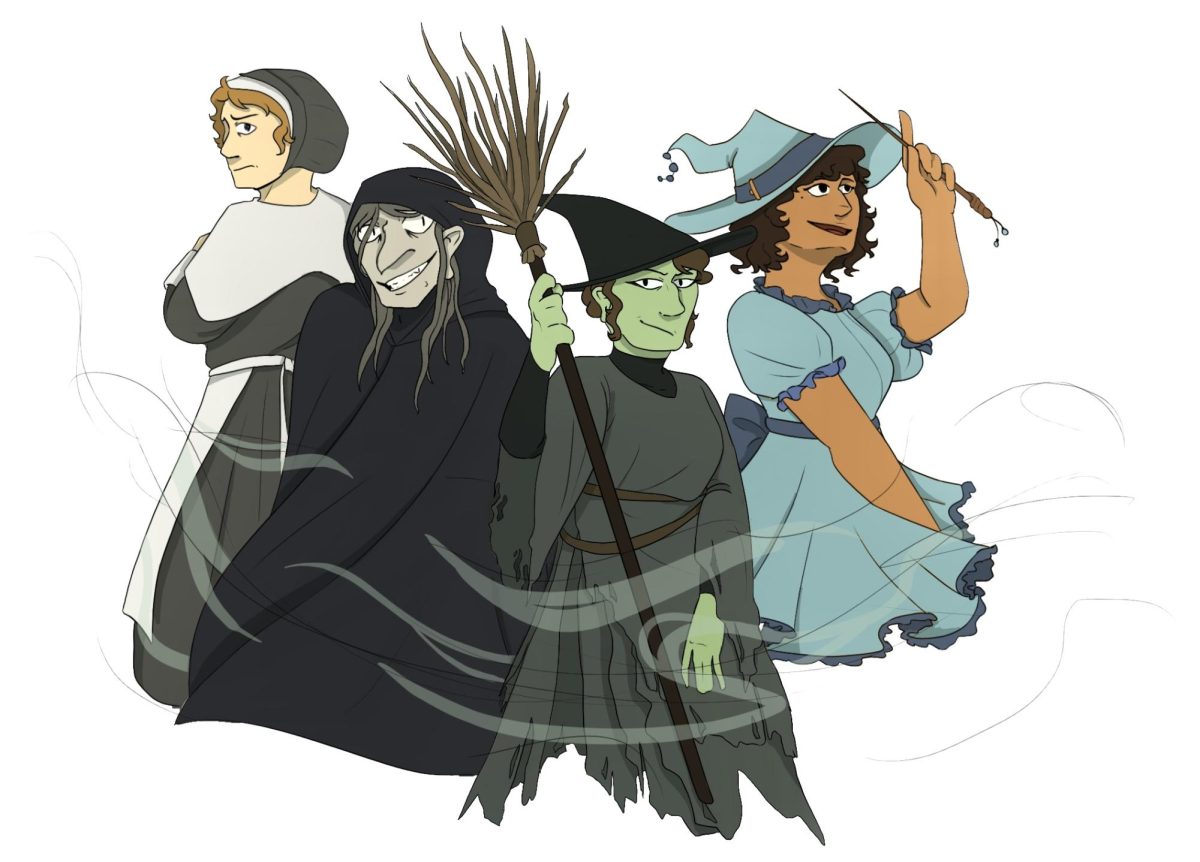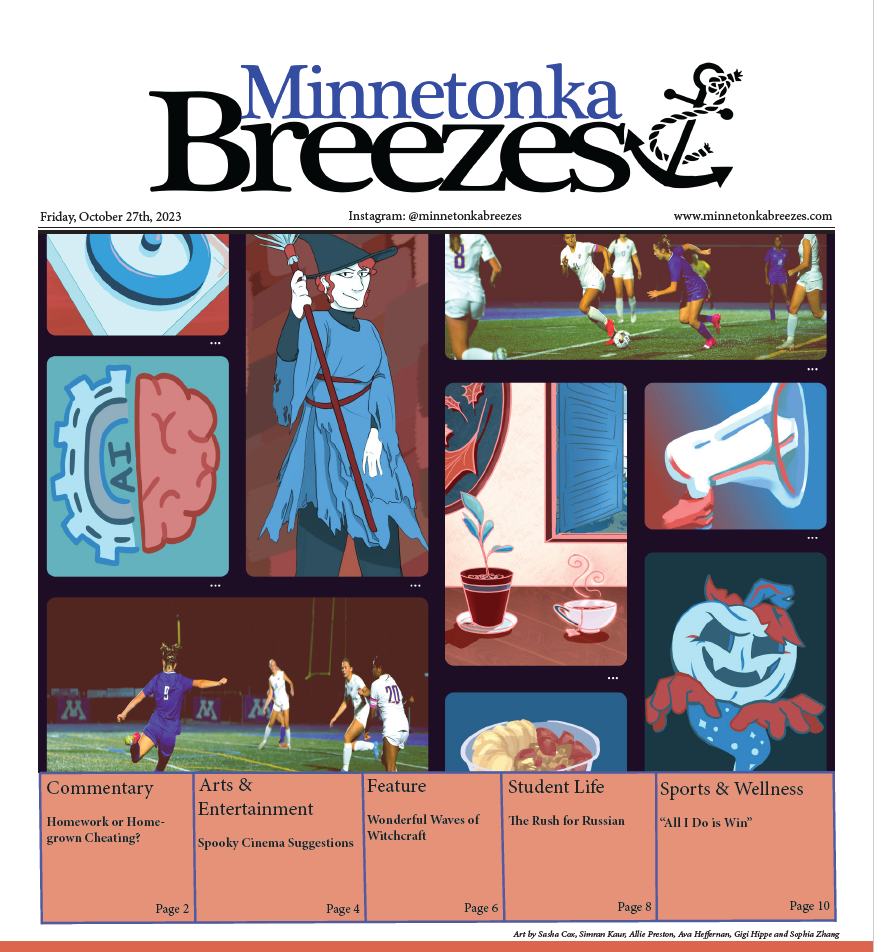Americans are expected to spend $12.2 billion on Halloween this year. Of which, $3.6 billion will be spent on candy and $4.1 billion will be spent on costumes. Aside from monetary cost, the consumerist spectacle of Halloween takes an ethical toll.
69% of those celebrating Halloween buy costumes; of that group, 71% buy new costumes online or in-store, most of which are produced by Rubie’s. The biggest manufacturer of pre-made costumes in the world, Rubie’s Costume Company, emerged at first as an all-American institution. Cheap and accessible, their costumes are now almost all produced, like most companies, in Asia and Central America.
It is futile trying to find information about the manufacturing practices of any company mass-producing Halloween costumes. However, it is known that labor conditions in the countries they have factories in are dismal, often facing human trafficking, child labor, union busting, restrictions on movement and speech (China and Vietnam), and low wages (Bangladesh).
In 2005, Rubie’s workers at a Mexican plant went on strike, alleging child labor law violations, unsanitary conditions, no drinking water, and forced pregnancy testing. Rubie’s did not allow them to form a union. Workers settled with severance.
IB History and Theory of Knowledge teacher Cheryl Duncan says, “We, in the United States, [are used to] low prices, but sometimes they come at the cost of [the] things that we think of as happening in the past but are still happening today, like child labor, unfair wages, or terrible labor conditions.”
Chocolate companies also do not believe in the sanctity of human rights. 70% of the world’s cocoa comes from West Africa. Top companies like Hershey and Nestlé have repeatedly missed deadlines to rid child labor of their supply chains, claiming they are unable to trace the cocoa.
In countries like Ghana and Côte d’Ivoire, children as young as 6 are bused to farms, paid almost nothing, and trapped there. Instead of investigating their supply chains, this $130 billion industry can only muster a couple million dollars in donations to the International Cocoa Initiative. None of these companies have been charged or fined for their use of child labor.
“Halloween has devolved into a thing that people can sell to get money. It’s an easy way to get it, out of people’s happiness. You can put a price on anything, and that includes Halloween,” says Zoya Aghamirzai, MHS ‘26.
The real nightmare of Halloween is the merciless machine of consumerism. To combat this sytem, Minnetonka students must be critical of the products on the shelves. As Duncan puts it, “when you see something really cheap…think to yourself: why is this so cheap?”




































